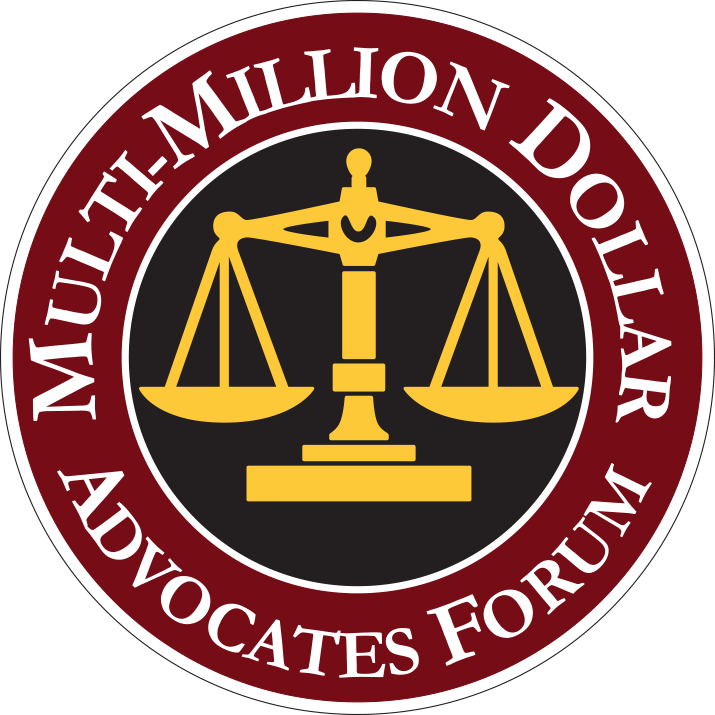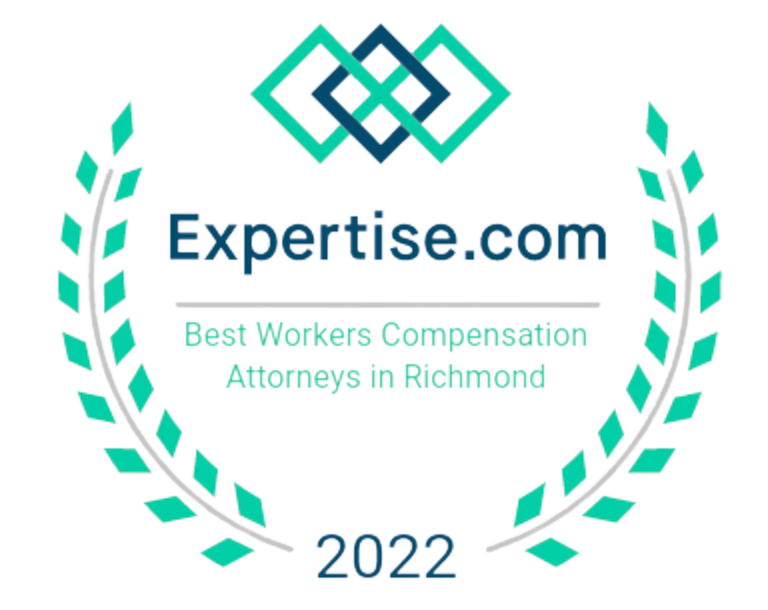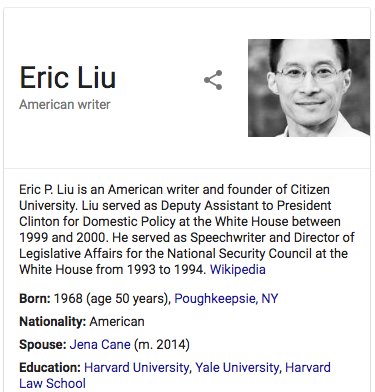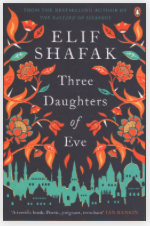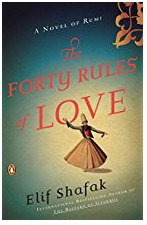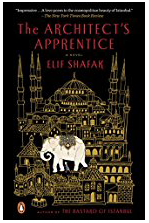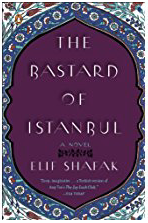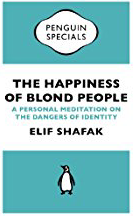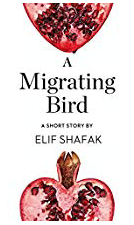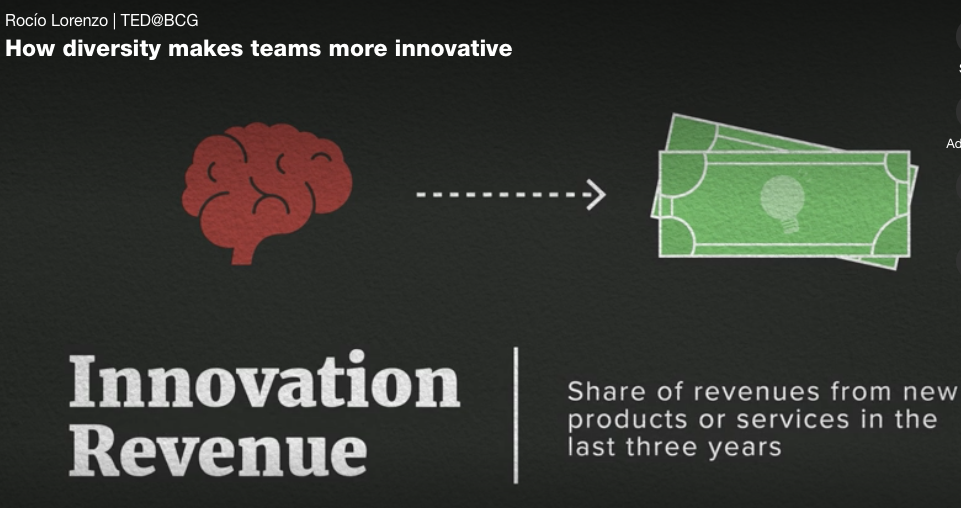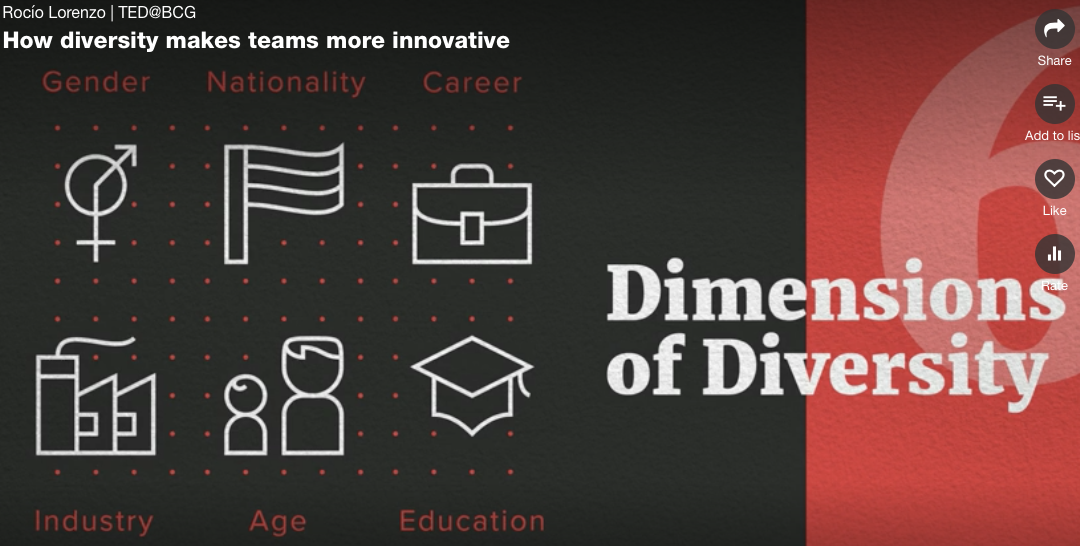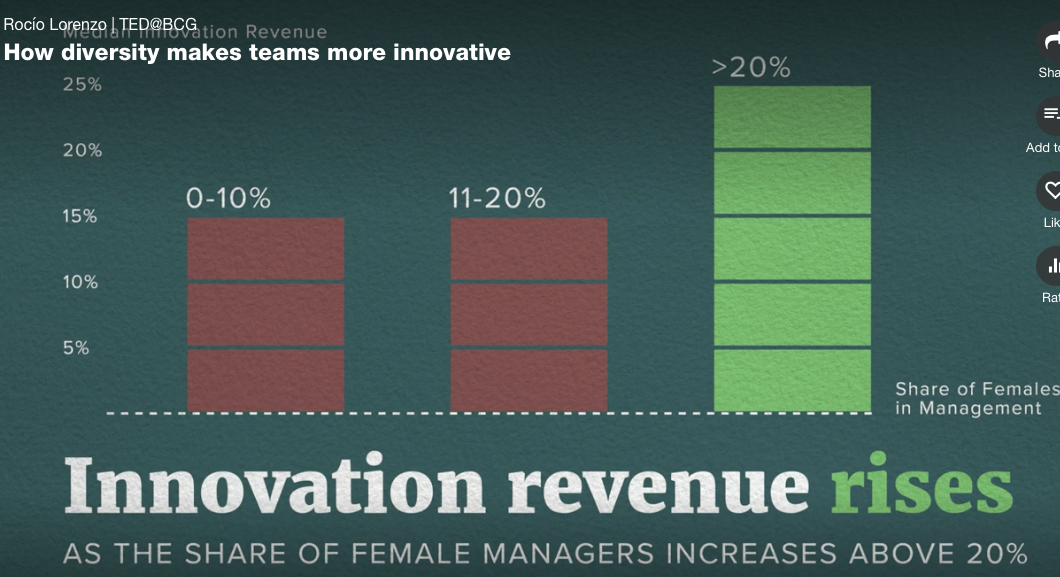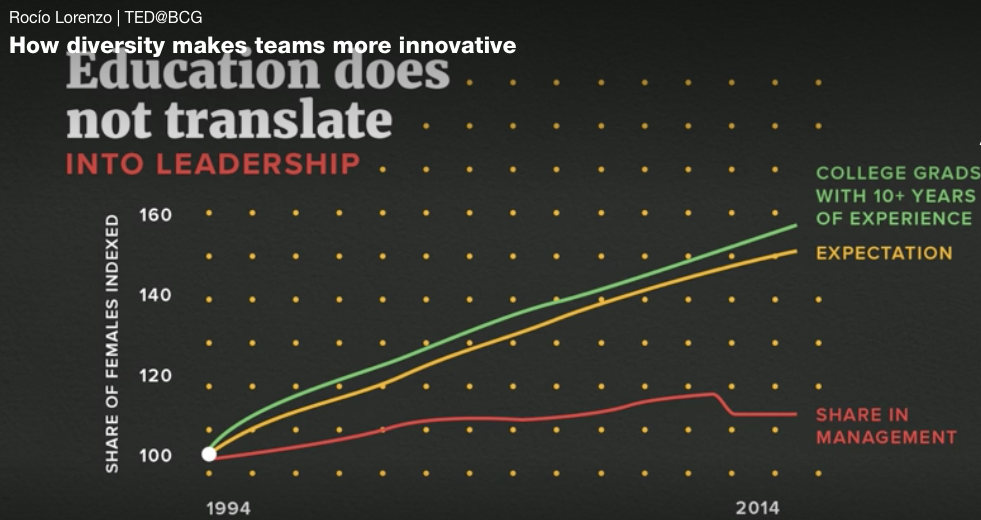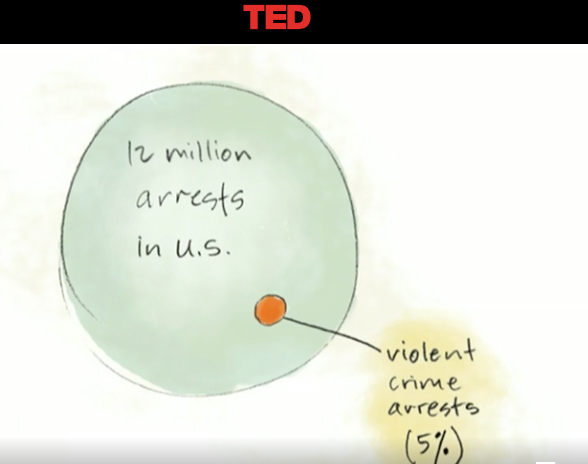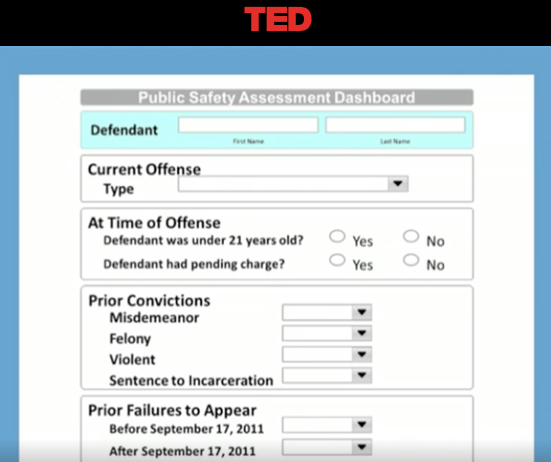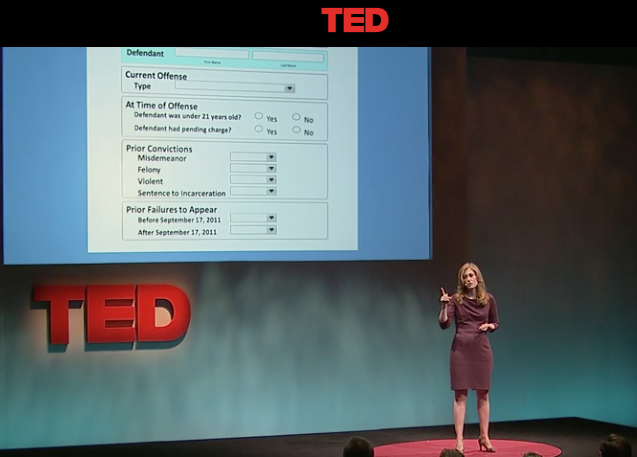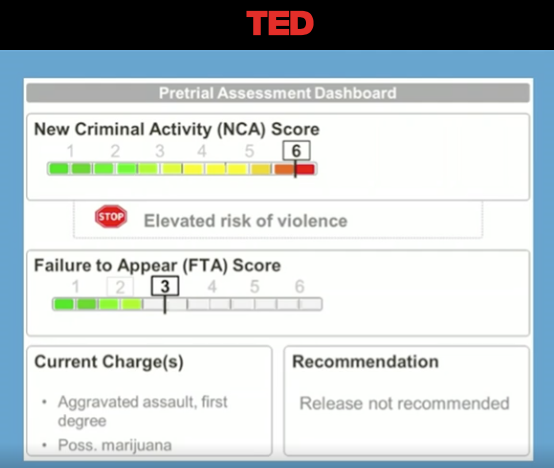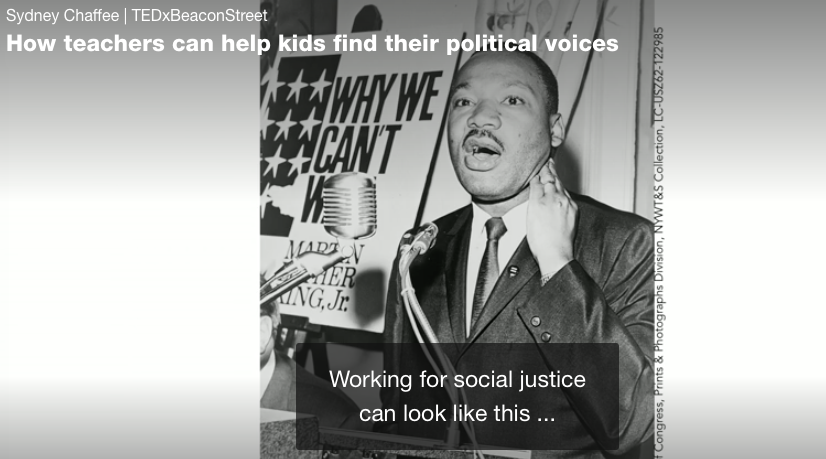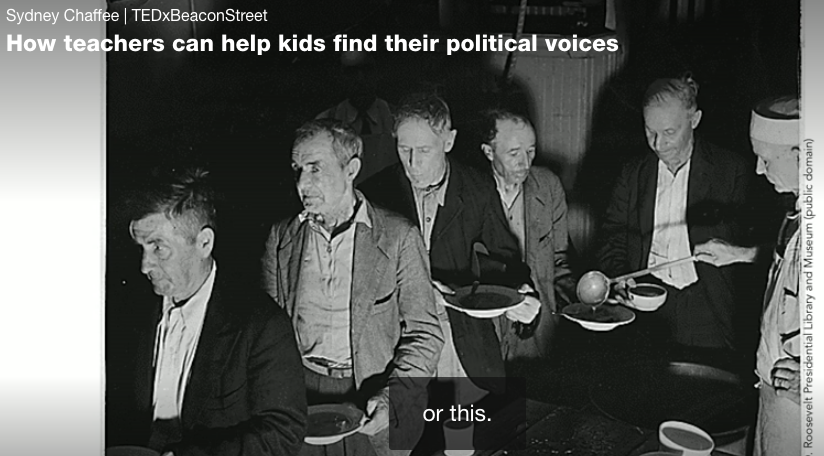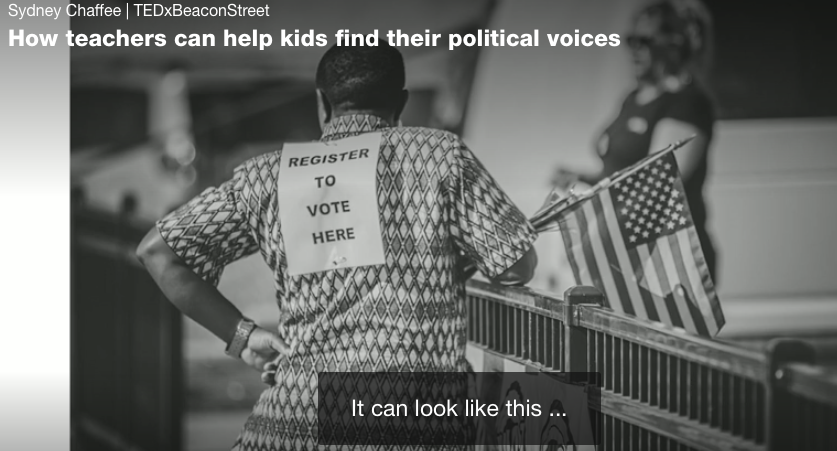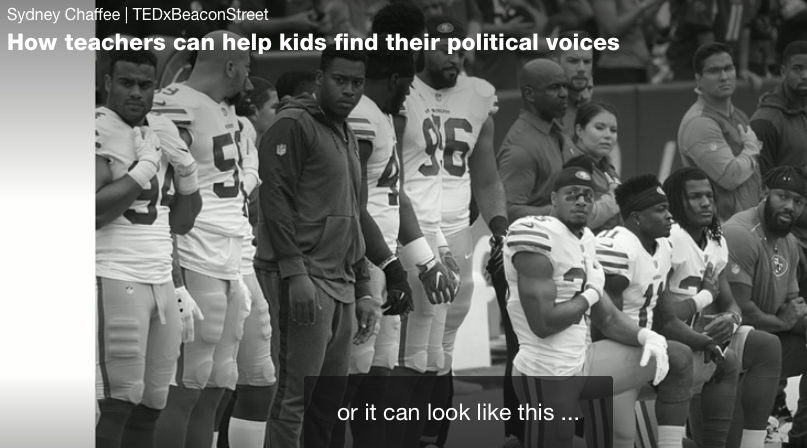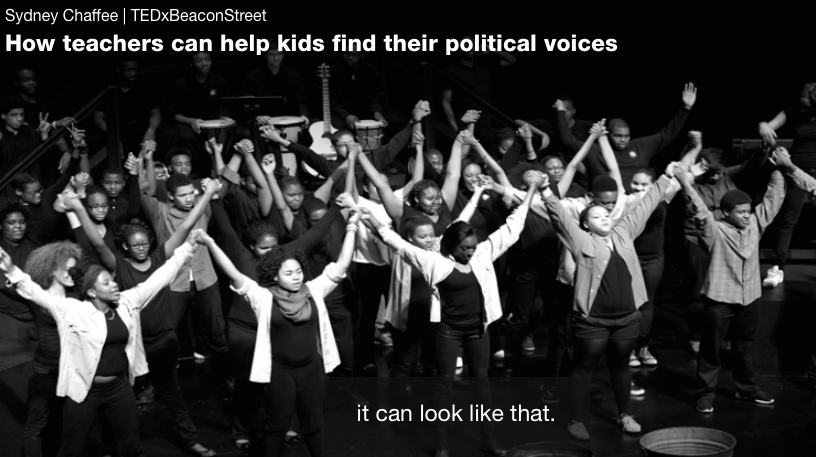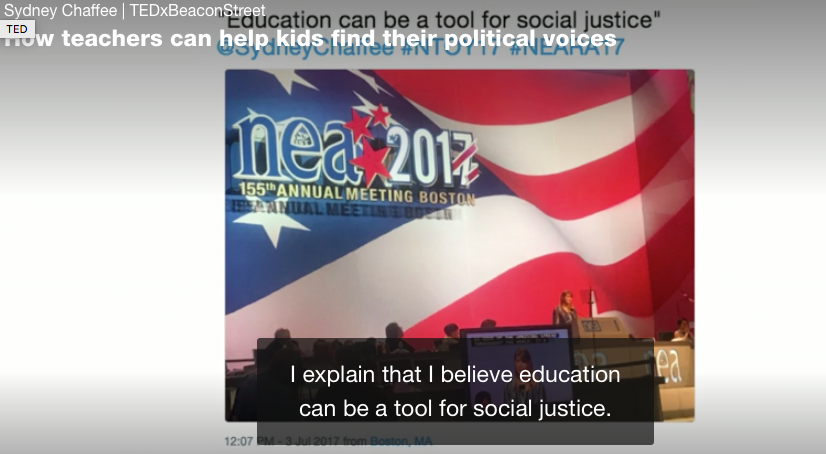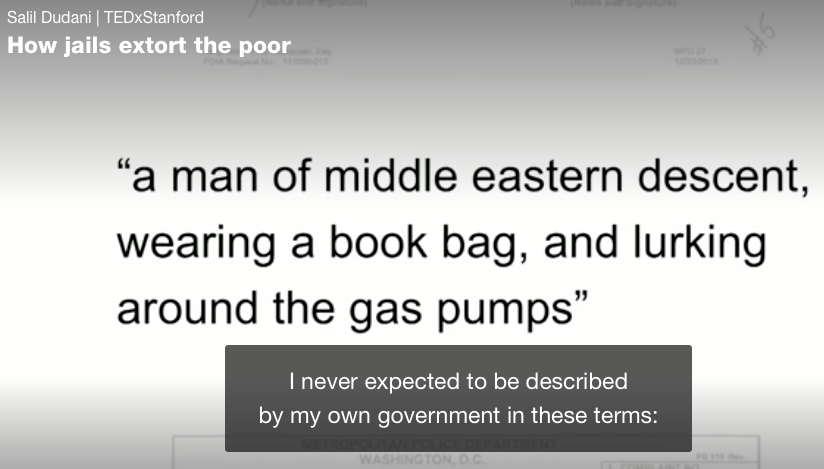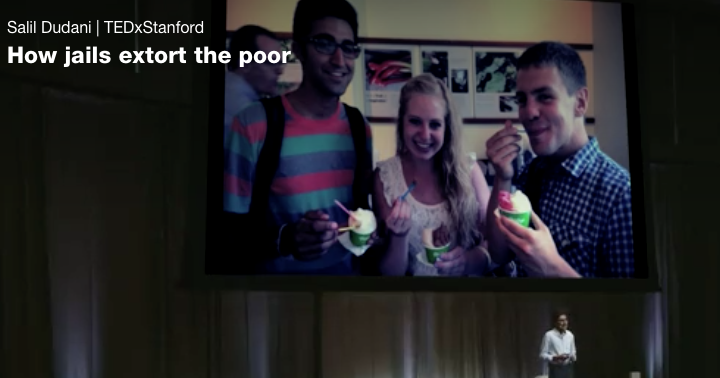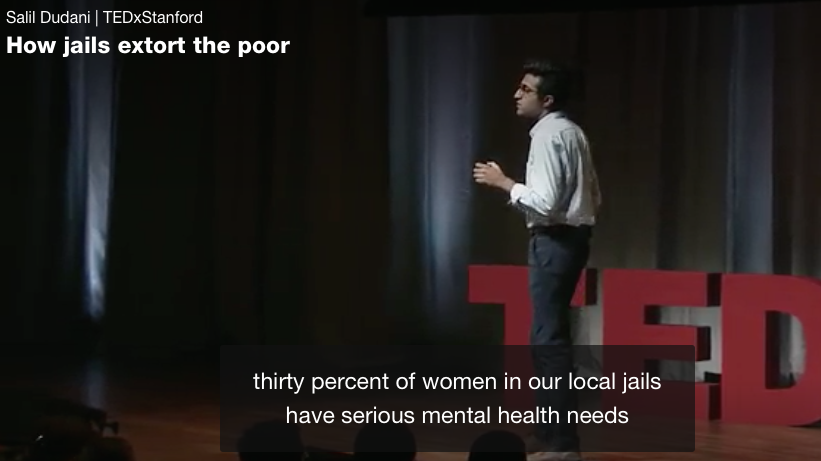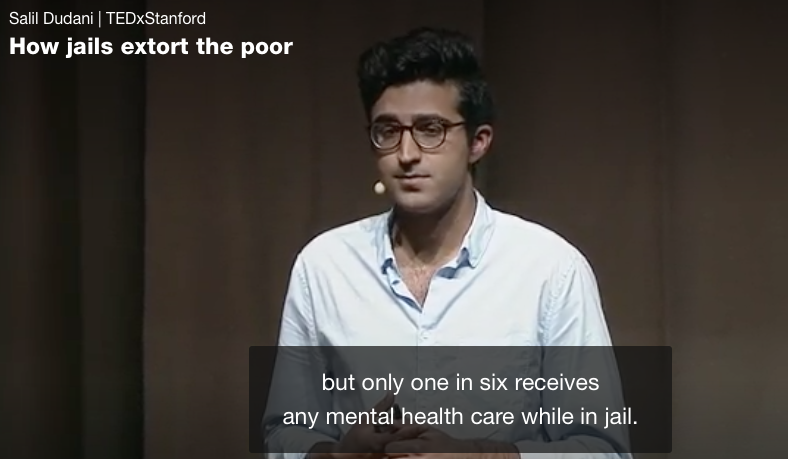Effective January 1, 2021, undocumented immigrants will be eligible to apply for new driver privilege cards.
Previously, undocumented immigrants in Virginia were unable to apply for Virginia driver’s licenses, because they could not provide proof of legal residency. However, a new law—which takes effect on January 1, 2021—will allow undocumented immigrants who meet certain requirements to apply for a Driver Privilege Card. A driver privilege card provides many of the same benefits as a driver’s license but does not require proof of legal residency status.
Although the Department of Motor Vehicles (DMV) has not yet released all the details surrounding the application process, the text of the bill explains the requirements for eligibility, and some of the limitations. This article will be updated when the DMV releases more information regarding the application process.
REQUIREMENTS FOR ELIGIBILITY:
Previously, undocumented immigrants were unable to apply for driving privileges in Virginia. This is because applicants for a driver’s license were required to show proof of legal residency. However, on January 1, 2021, this will no longer be the case. Undocumented immigrants will be able to apply for a special card called a Driver Privilege Card. This is almost identical to a driver’s license and presents many of the same benefits.
To apply for a driver privilege card, you must meet the following tax and insurance requirements:
Tax Requirements: you must satisfy at least one of the following:
Have reported income from Virginia sources in the past 12 months, OR
Be claimed as a dependent on somebody else’s tax return filed in Virginia in the last 12 months;
AND
Insurance Requirement: you must comply with Virginia’s vehicle insurance requirements, by satisfying at least one of the following:
Maintain a vehicle insurance policy with 25,000 minimum coverage for bodily injury or death of one person; 50,000 minimum coverage for bodily injury or death of two or more persons; and 20,000 minimum coverage for property damage; OR
Pay the Uninsured Motor Vehicle Fee of $500, which does not provide any insurance coverage, but allows you to drive an uninsured vehicle at your own risk.
Conclusion:
If you meet the requirements listed above, you may apply for a driver privilege card beginning January 1, 2021. This card will be almost identical to a driver’s license or permit—depending on your age—which means that you will be required to meet the same requirements as somebody applying for a driver’s license/permit, such as proof Virginia residency, a vision screening, and successful passage of the two-part knowledge exam and road skills test. More details on the requirements for a driver’s license can be found on the Virginia Department of Motor Vehicles website.
Limitations:
A driver privilege card will provide the same privileges as a driver’s license or permit. However, there are some important differences between driver privilege cards and driver’s licenses which you should know about. For example, driver privilege card applicants may not waive any part of the driving exam. Also, driver privilege cards are slightly different in appearance than the recently-updated driver’s license, known as a “REAL-ID”.
Beginning October 1, 2021, “REAL-IDs,” or full privilege driving licenses, will be the only kind of driver’s license allowed to board domestic flights. Of course, people will still be able to use their passports or other kinds of federally recognized IDs to travel, but those wanting to use their driver’s license will have to use a REAL-ID. The only difference in appearance between a driver privilege card and a ‘REAL ID’ driver’s license is that the ‘REAL ID’ will have a star in the upper right hand corner. As time passes, REAL-IDs will likely become more common, which means that driver privilege cards will look slightly outdated. However, the DMV will not be allowed to release sensitive information regarding whether you hold a driver privilege card or a driver’s license. Still, even with these protections, it is important to realize that an officer who pulls over a driver privilege card holder will notice that it is not a REAL-ID.
If you choose to apply for a driver privilege card, it will be valid until your second birthday following issuance. For example, if you are issued a driver privilege card on February 2, 2021, and your birthday falls on April 2, then your driver privilege card will be valid from February 2, 2021, until April 2, 2023. You are eligible to apply for a re-issuance of your driver privilege card before your card expires.
If you apply for a re-issue before your old driver privilege card expires, then you will not be required to present proof of tax or insurance requirements. However, if you miss the deadline, and apply for a re-issue after your old card expires, you might have to demonstrate that you meet the requirements outlined above.
As previously noted, the DMV has not released detailed instructions regarding the application process. However, when they do, we will be sure to update this page with additional instructions. In the meantime, please consider bookmarking this page, and should you have any questions, please do not hesitate to reach out to our offices, and we would be happy to answer at least some of your questions. Other questions can be best answered by representatives at the DMV.
Author: Nadeem Bohsali

